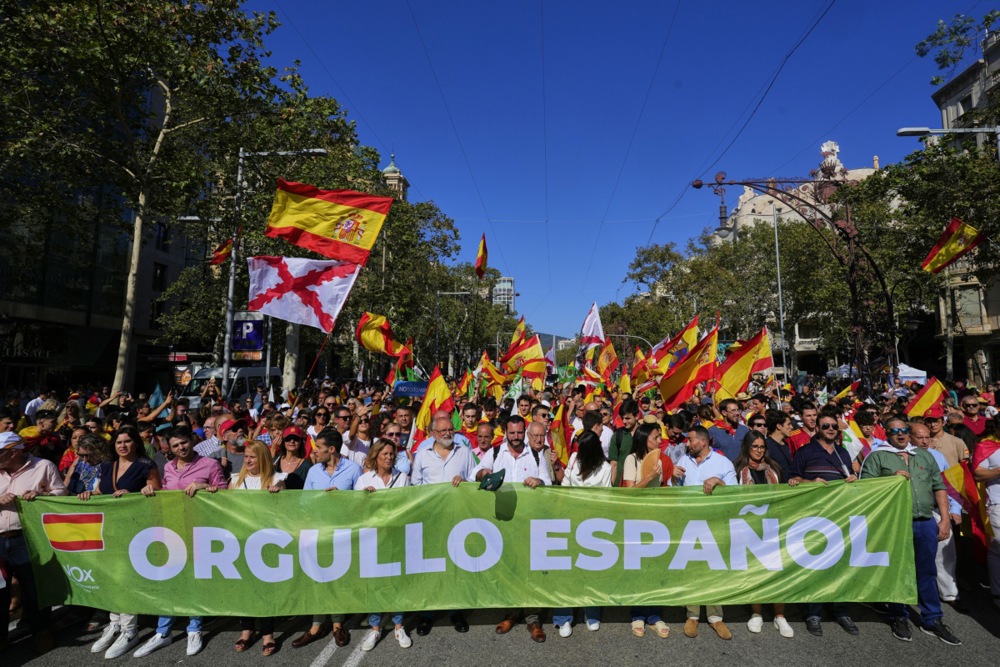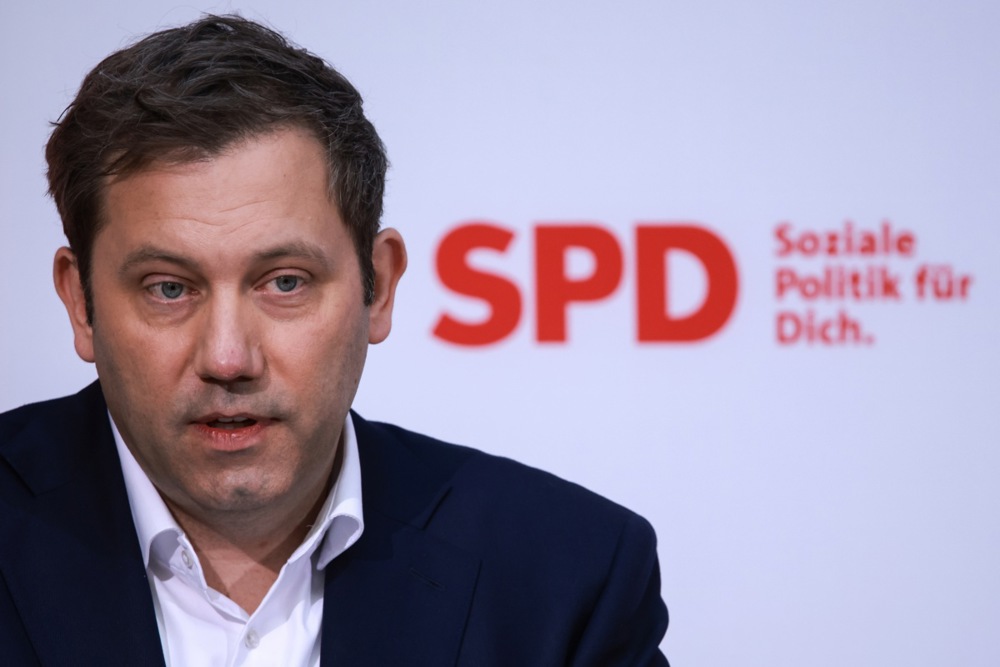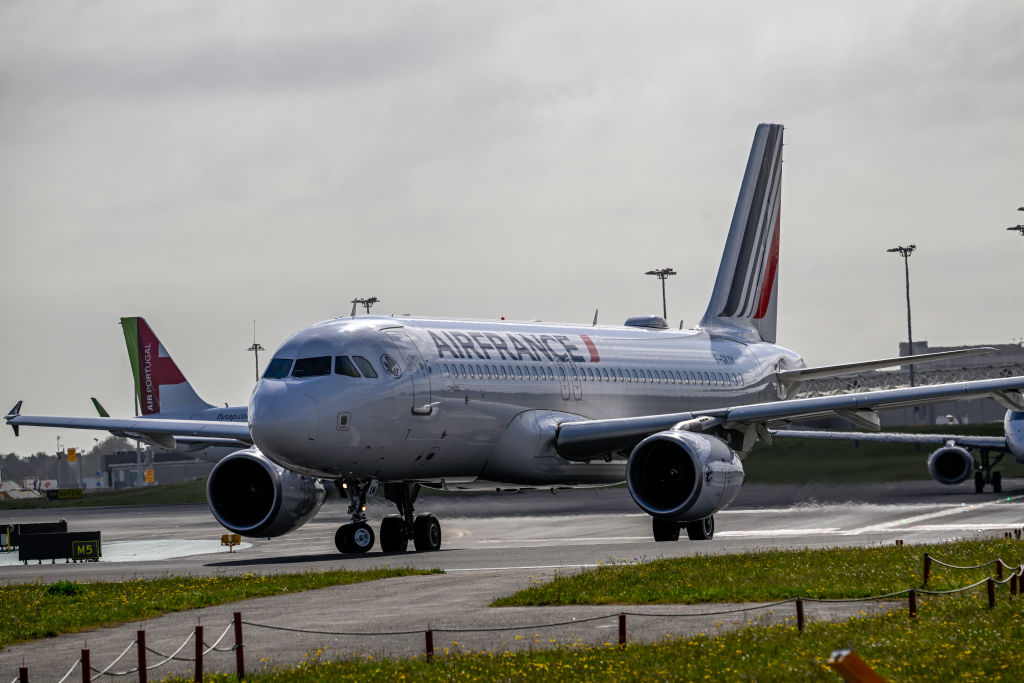Former German chancellor Angela Merkel has gone after the Alternative for Germany (AfD), branding it a menschenverachtende – or “inhuman” – party, while urging stricter controls on digital speech.
In a televised interview yesterday with state broadcaster ZDF, focusing on German reunification, Merkel accused the AfD of dividing citizens into “the people” and “the elites” and then claiming the right to decide who is truly part of the nation.
“This is simply against the Constitution. It says: All power comes from the people, and the people are all German citizens,” she argued.
Merkel recalled that the leading opposition party came into being during the euro-crisis and later latched on to the Pegida movement, (Patriotic Europeans Against the Islamisation of the West) as vocal opponents of Germany’s migration and asylum policies.
She said those topics were an issue, but that the AfD revelled in “envy, hate and racism”, spreading it and tapping into other dissatisfactions among the people.
Merkel said similar populist parties existed across Europe and also in the US, implicitly referring to US President Donald Trump and the Republican Party.
A reason for the success of such parties were, according to the former chancellor, is social media.
Merkel claimed radical voices dominate online because their content attracts the most clicks.
“Truths and facts must be distinguished from feelings,” she said, insisting that digital media should be more tightly regulated to prevent extremism from spreading unchecked.
Merkel said young people in particular should be encouraged to “believe the facts”.
She called for “honesty in content and a measured tone” among established parties but maintained that dissatisfaction with government policy is “no reason to vote for an inhuman party”.
The remarks were among her most direct criticisms of the AfD since leaving office in 2021.
It was Merkel’s open border policies, Wir schaffen das, or “We can do it”, that led to countless numbers of migrants entering German. The AfD has since become a major force in German politics.
The interview itself drew attention for its apparently soft approach. Presenter Marietta Slomka avoided challenging Merkel on her own role in the political shifts that enabled the AfD’s rise. Instead she let the former chancellor reflect on her experiences as an East German and her view of reunification, which she described as a “great stroke of luck”.
Merkel also criticised the decision to invite French President Emmanuel Macron as a speaker for the 35th anniversary of German unity, suggesting someone from eastern Europe or east Germany might have been more fitting.
Despite her retirement from frontline politics, Merkel continues to intervene in debates over Germany’s politics and democratic culture while other former chancellors have tended to step back from day-to-day political battles once they left office.
COMMENT: The rise of the Alternative for Germany becomes less surprising in light of Angela Merkel's most recent interview, writes @Raphfel. https://t.co/H4mVcPpTTN
— Brussels Signal (@brusselssignal) November 25, 2024





